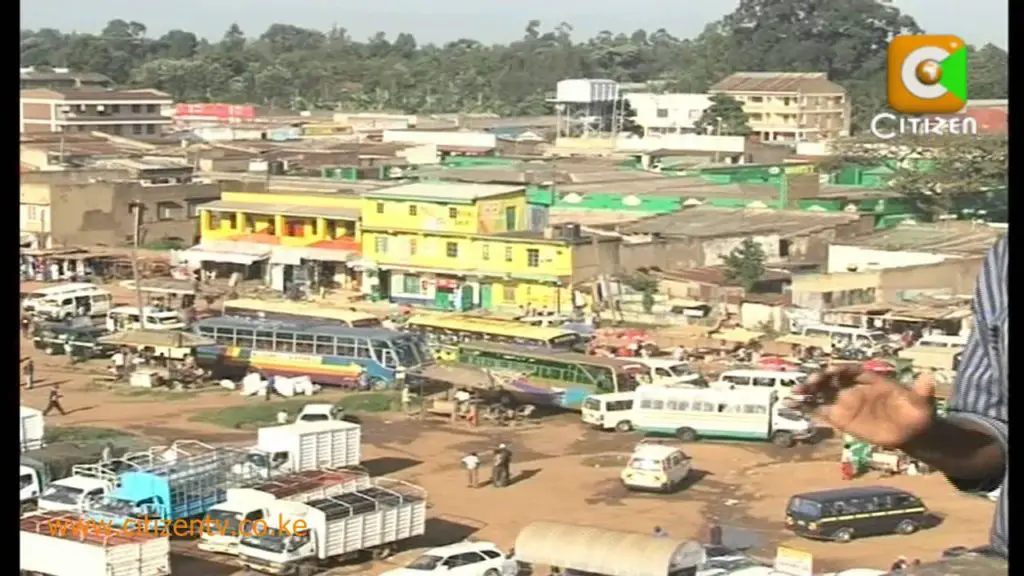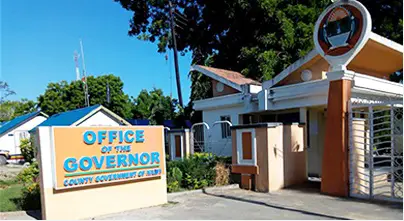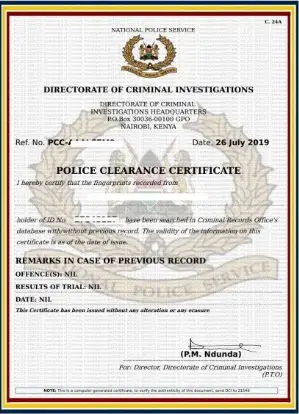Located in western Kenya, Bungoma County is an enchanting destination that offers a myriad of attractions for both locals and tourists alike. With its stunning landscapes, rich cultural heritage, and vibrant community, Bungoma County is truly a hidden gem waiting to be discovered. From the majestic Mount Elgon to the awe-inspiring Nzoia River, there is no shortage of natural wonders to explore. Immerse yourself in the local culture by witnessing the traditional dances and ceremonies, or indulge in the delicious local cuisine. Whether you seek adventure, relaxation, or a deeper connection with Kenyan culture, Bungoma County has something for everyone.
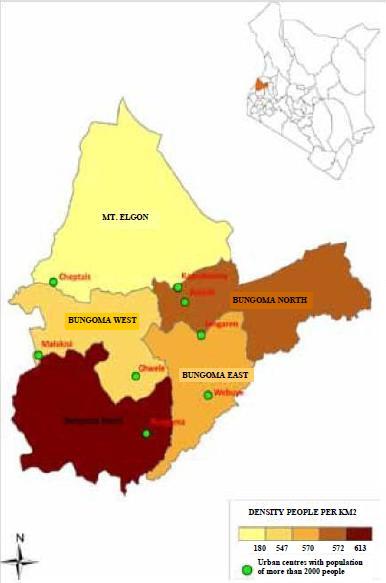
This image is property of opencounty.org.
Geography
Location
Bungoma County is located in the western part of Kenya. It borders Busia County to the west, Kakamega County to the south, Trans-Nzoia County to the north, and Siaya and Kisumu counties to the east. It is situated approximately 375 kilometers northwest of Nairobi, the capital city of Kenya.
Landscape and Topography
The landscape of Bungoma County is diverse and captivating. It is characterized by rolling hills, fertile valleys, and spectacular water bodies. The county is home to Mount Elgon, an extinct volcano which stands as the main geographical feature. The mountain is not only a scenic wonder, but it also boasts lush forests and is a haven for biodiversity.
Climate
Bungoma County experiences a tropical climate. The temperatures are generally mild throughout the year, with average highs ranging from 23 to 28 degrees Celsius. The rains are bountiful, especially during the long rainy season from March to June and the short rainy season from October and November. These favorable climatic conditions make Bungoma County suitable for agriculture and contribute to its lush greenery.
Demographics
Population
Bungoma County has a population of approximately 1.7 million people according to the most recent census. This population is a mix of various ethnic groups, making the county a melting pot of cultures and traditions.
Ethnic Composition
The major ethnic groups in Bungoma County include the Bukusu, Tachoni, Sabaot, and Luhya. Each group has its unique customs, languages, and traditional practices, adding to the cultural diversity of the region.
Languages
The main languages spoken in Bungoma County are Swahili, English, and Luhya. Luhya is the most widely spoken local language and is used for day-to-day communication among the residents. Swahili and English are also commonly spoken, primarily in formal and educational settings.
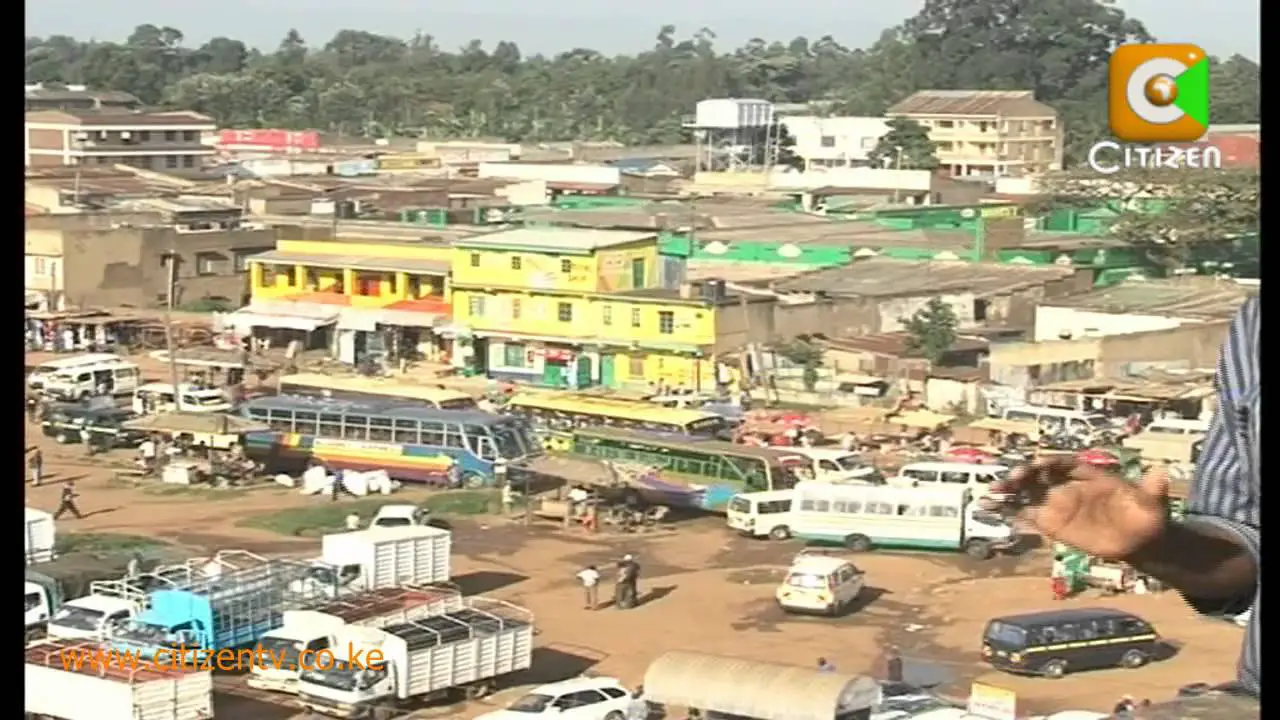
This image is property of i.ytimg.com.
History
Early History
Bungoma County has a rich historical background that dates back centuries. The region was inhabited by various indigenous communities who had their distinctive way of life. The early history of Bungoma County is intertwined with folklore, myths, and legends that have been passed down through generations.
Colonial Era
During the colonial era, Bungoma County, like most parts of Kenya, was under British rule. The colonial period brought significant changes to the county, including the introduction of new agricultural practices, infrastructure development such as roads and schools, and the spread of Western influences.
Post-Independence
After Kenya gained independence in 1963, Bungoma County became part of the newly formed Kenyan government. The county has witnessed rapid development since then, with improvements in education, healthcare, infrastructure, and the overall quality of life for its residents.
Administration
County Government
Bungoma County is governed by a county government led by an elected governor. The county government is responsible for providing services to the residents, such as healthcare, education, infrastructure development, and agricultural support. It works towards promoting the welfare and progress of the county.
Sub-Counties
Bungoma County is divided into nine sub-counties, namely Bungoma East, Bungoma North, Bungoma South, Bungoma West, Kabuchai, Kanduyi, Kimilili, Mt Elgon, and Sirisia. Each sub-county is managed by a sub-county administrator who oversees the implementation of government policies and programs.
Wards
The sub-counties are further divided into wards, which are smaller administrative units. Bungoma County has a total of 45 wards, each represented by a ward representative in the county assembly. These wards ensure effective representation and governance at the grassroots level.
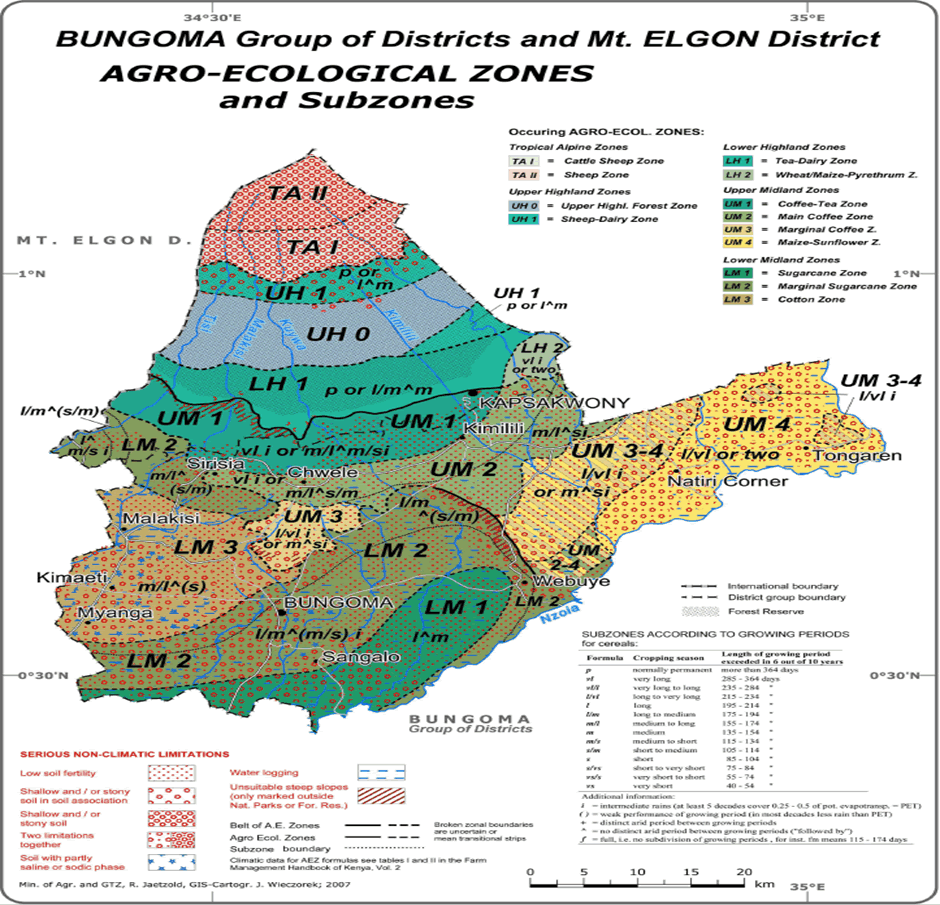
This image is property of codetulip.com.
Economy
Agriculture
Agriculture forms the backbone of Bungoma County’s economy. The region is known for its fertile soils and favorable climatic conditions, making it ideal for growing a variety of crops. The main agricultural products include maize, beans, coffee, tea, sugarcane, and potatoes. Dairy farming and poultry keeping are also practiced in the county, contributing to both food security and the income of the residents.
Trade and Commerce
Bungoma County has a thriving trade and commerce sector. The county is home to bustling market centers such as Bungoma town, which attracts traders and buyers from neighboring counties. These markets provide a platform for locals to sell their agricultural produce, livestock, and handicrafts, among other products. Additionally, small-scale businesses and shops play a significant role in the local economy.
Tourism
Bungoma County has a lot to offer in terms of tourism. The picturesque landscapes, including the beautiful Mount Elgon, attract nature enthusiasts, hikers, and adventurers. The Chetambe Fort, with its historical significance, is of interest to visitors seeking to learn about the region’s past. The Chepkube Falls, with their stunning cascades, provide a serene and tranquil environment for relaxation and picnics.
Infrastructure
Transportation
Bungoma County has a well-developed transportation network that facilitates ease of movement within and outside the county. The road network connects various towns and villages, making it convenient to travel by car or public transport. There are also reliable bus and matatu (minibus) services that provide transportation services to different destinations. Additionally, the county has improved rural access through the construction and maintenance of feeder roads.
Communication
Communication services in Bungoma County have significantly improved in recent years. The county is well-covered by mobile network operators, ensuring that residents can easily communicate with each other and the rest of the world. Internet connectivity has also expanded, enabling access to information and online services.
Public Facilities
Bungoma County has invested in the development of public facilities to cater to the needs of its residents. The county boasts well-equipped hospitals and clinics that provide healthcare services. Educational institutions, including schools, colleges, and universities, are available in different parts of the county. Public spaces such as parks, recreational centers, and sports facilities offer avenues for leisure and social activities.
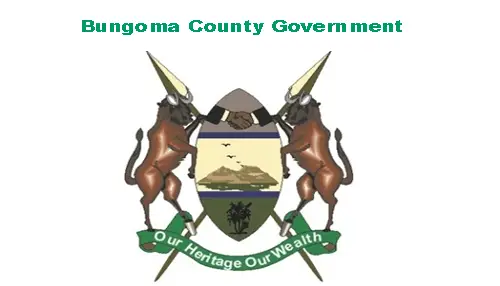
This image is property of i0.wp.com.
Education
Schools
Bungoma County recognizes the importance of education and has made significant efforts to promote access to quality schooling. The county has a wide range of primary and secondary schools, both public and private, that provide education to children of all ages. These schools offer a variety of curricula, including the Kenyan national curriculum and international programs.
Colleges and Universities
Bungoma County is home to several colleges and universities that offer higher education opportunities. These institutions provide courses in fields such as business, agriculture, nursing, teaching, and information technology. They play a crucial role in equipping individuals with the necessary skills and knowledge for employment and personal growth.
Literacy Rate
The literacy rate in Bungoma County has significantly improved over the years. Efforts by the government, non-governmental organizations, and communities have contributed to increased access to education, resulting in higher literacy levels among the population. However, more work is still being done to ensure that literacy rates continue to rise and that education remains a priority.
Healthcare
Hospitals
Bungoma County has several well-established hospitals that provide healthcare services to the residents. These hospitals are equipped with modern facilities and staffed by skilled healthcare professionals. They offer a comprehensive range of medical services, including consultation, diagnosis, treatment, and surgical procedures. The government collaborates with the private sector to ensure quality healthcare is accessible to all.
Clinics
In addition to hospitals, Bungoma County has a network of clinics that provide primary healthcare services. These clinics serve as the first point of contact for many residents seeking medical attention. They offer basic medical consultations, vaccinations, reproductive health services, and treatment for common illnesses. Their presence ensures that healthcare services are easily accessible, especially in more remote areas.
Public Health Initiatives
Bungoma County is committed to promoting public health initiatives aimed at improving the well-being of its residents. These initiatives encompass various aspects, including disease prevention, health education, vaccination campaigns, and maternal and child health programs. The county government works in collaboration with various stakeholders to implement and sustain these initiatives, ensuring a healthier population.
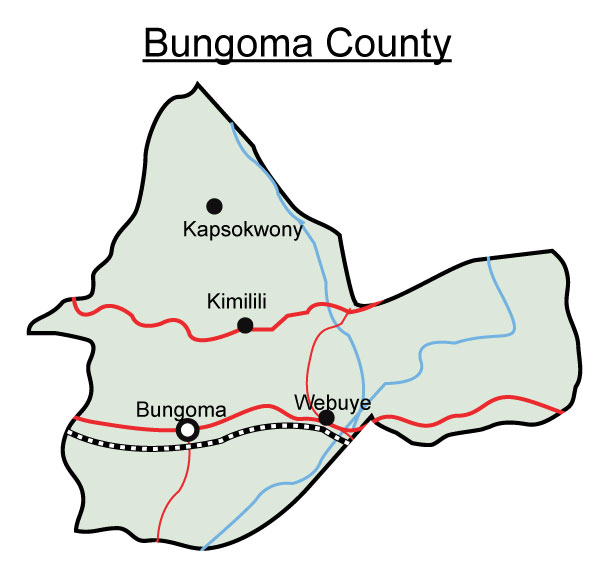
This image is property of elimufeynman.s3.amazonaws.com.
Culture and Arts
Traditional Practices
Bungoma County is proud of its rich cultural heritage, which is reflected in its traditional practices. The various ethnic groups in the county have unique customs, ceremonies, and rituals that are passed down from one generation to another. These practices are deeply rooted in the county’s history and play a significant role in shaping the cultural identity of its residents.
Music and Dance
Music and dance form an integral part of Bungoma County’s cultural expression. Traditional songs and dances are performed during social gatherings, ceremonies, and festivals. The rhythmic beats, colorful costumes, and energetic movements create an engaging and vibrant atmosphere. Music and dance are not only a means of entertainment but also a way to preserve and celebrate the county’s cultural heritage.
Art and Crafts
Bungoma County is known for its exquisite art and crafts. Local artisans create intricate sculptures, wood carvings, beadwork, and pottery, among other crafts. These artistic creations showcase the creativity and talent of the residents. Art and crafts serve as a source of income for many individuals and contribute to the growth of the county’s tourism industry.
Tourist Attractions
Mount Elgon National Park
Mount Elgon National Park is a must-visit attraction in Bungoma County. The park offers breathtaking views, lush vegetation, and diverse wildlife. Visitors can enjoy hiking to the summit of the mountain, exploring the caves, or encountering unique plant and animal species. Mount Elgon National Park provides an unforgettable experience for nature lovers and adventure enthusiasts.
Chetambe Fort
Chetambe Fort is a historical site that attracts history enthusiasts. It served as a stronghold during the colonial era, and remnants of the fort can still be seen today. Visitors can learn about the fort’s significance and explore the surrounding scenic landscapes. A visit to Chetambe Fort offers a glimpse into Bungoma County’s past and the struggles of its people.
Chepkube Falls
The Chepkube Falls is a hidden gem in Bungoma County. The falls cascade down in a series of stunning waterfalls, creating a captivating sight. The surrounding vegetation and the sound of rushing water provide a peaceful and serene atmosphere. Visitors can indulge in picnics, photography, or simply admire the mesmerizing natural beauty of the Chepkube Falls.
In conclusion, Bungoma County in Kenya is a captivating region with a diverse landscape, rich culture, and a commitment to development. From its lush hills and Mount Elgon to its vibrant cultural practices and historical attractions, the county offers a unique experience for both residents and visitors. Together with its thriving economy, accessible healthcare, and quality education, Bungoma County continues to evolve while preserving its rich heritage.

